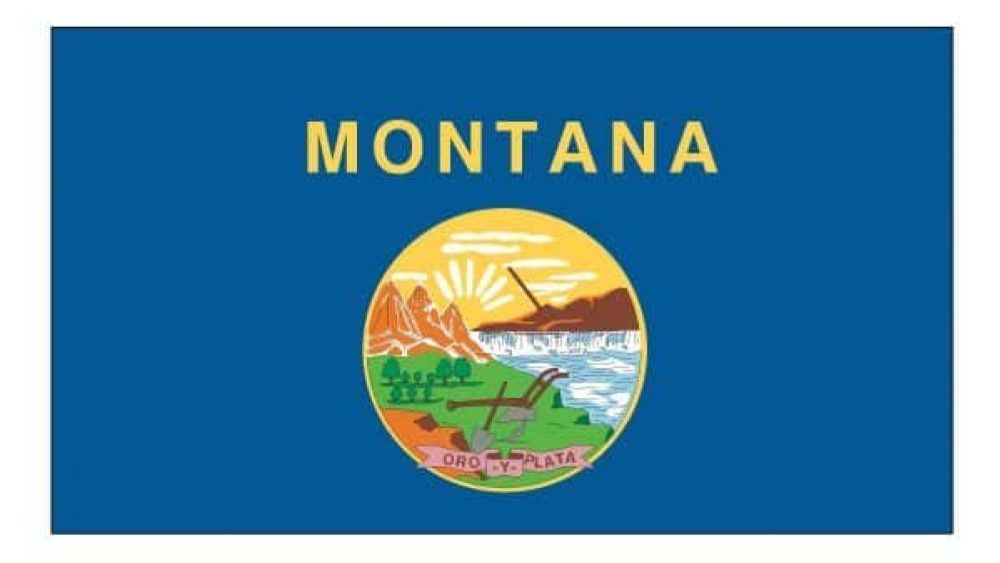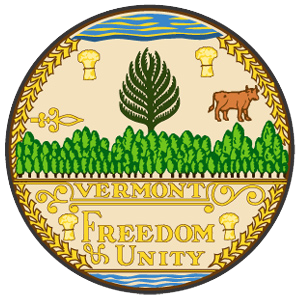
Montana State Flag
The U.S. Court of Appeals for the 9th Circuit has ruled against Montana, holding the state’s laws regarding political committees are unconstitutionally vague. The court took umbrage with the state’s rule which governs whether political spending needs to be reported. […]
The U.S. Court of Appeals for the 9th Circuit has ruled against Montana, holding the state’s laws regarding political committees are unconstitutionally vague.
The court took umbrage with the state’s rule which governs whether political spending needs to be reported.
In Montana, any group of two or more people who spend $250 or more in an election cycle to support or oppose political candidates must register and report as a political committee.
Volunteer activities do not count towards the $250 threshold, but the court held Montana’s administrative scheme did not give plaintiffs fair notice that their activities fell outside the definition of volunteer services.
The decision opens the pathway to challenge the state’s definition of a political committee.
On Wednesday, July 2, a federal appeals court affirmed the judgment of a district court; independent expenditure committees can lose the right to make unlimited expenditures in certain circumstances. In Vermont Right to Life v. Sorrell , the U.S. Court […]
On Wednesday, July 2, a federal appeals court affirmed the judgment of a district court; independent expenditure committees can lose the right to make unlimited expenditures in certain circumstances.
 In Vermont Right to Life v. Sorrell , the U.S. Court of Appeals for the 2nd Circuit ruled a state-level super PAC was not functionally distinct enough from a sister committee actively contributing to candidates and parties. Whether a group is functionally distinct from a non-independent-expenditure-only entity depends on factors including, but not limited to, the overlap of staff and resources, the lack of financial independence, the coordination of activities, and the flow of information between the entities.
In Vermont Right to Life v. Sorrell , the U.S. Court of Appeals for the 2nd Circuit ruled a state-level super PAC was not functionally distinct enough from a sister committee actively contributing to candidates and parties. Whether a group is functionally distinct from a non-independent-expenditure-only entity depends on factors including, but not limited to, the overlap of staff and resources, the lack of financial independence, the coordination of activities, and the flow of information between the entities.
Creating two committees and managing two separate bank accounts is not sufficient to prove the committees’ funds are actually treated as separate. To alleviate the danger of quid pro quo corruption, contribution limits may apply to super PACs when they are not functionally distinguishable from committees directly contributing or coordinating expenditures with campaigns.
State and Federal Communications, Inc. provides research and consulting services for government relations professionals on lobbying laws, procurement lobbying laws, political contribution laws in the United States and Canada. Learn more by visiting stateandfed.com.

